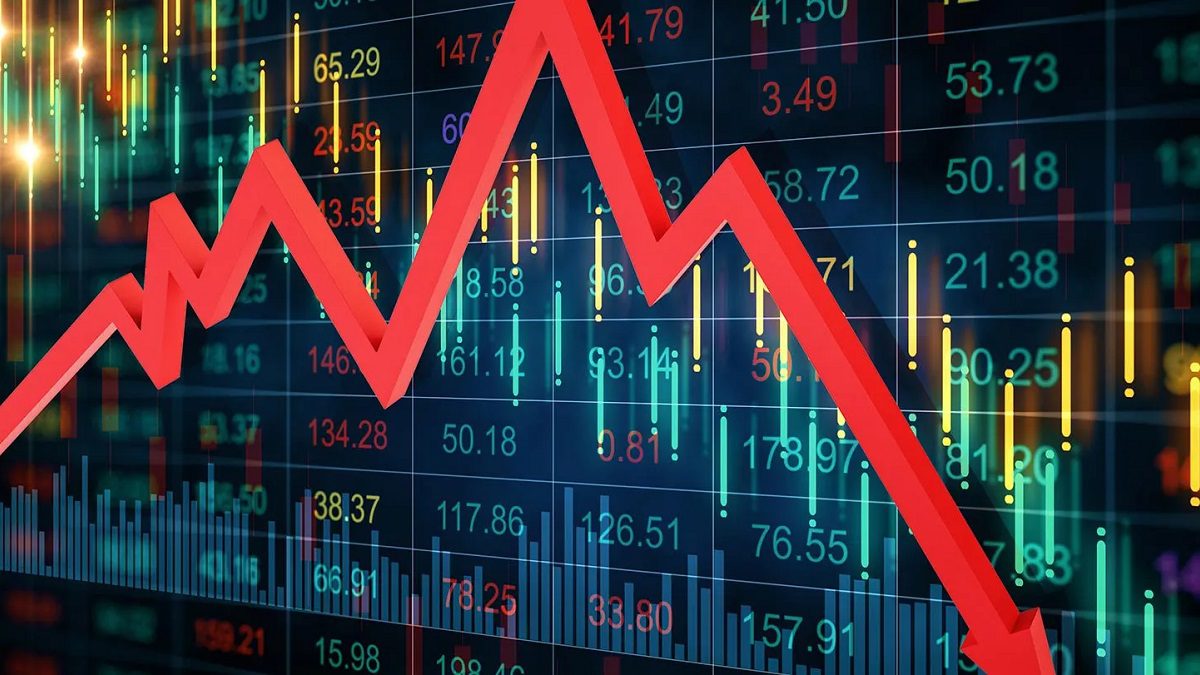
The EU ambassador to Nigeria and Economic Community of West African States (ECOWAS), Ms Samuela Isopi, on Tuesday, said the EU was collaborating with the Federal Government to improve infrastructure and security.
Isopi, who said this at a briefing with business editors in Lagos, noted that it was imperative for Nigeria to improve critical infrastructure and overcome security challenges to attract investments into key sectors of the economy.
Isopi said: “We are working to support the government to address security challenges in the area of farmers/herder clashes, oil bunkering and others.
“Nigeria needs to create the appropriate environment to attract investments in the several sectors of the economy.”
The ambassador said the EU was also focusing on investments in the oil and gas as well as agriculture sectors as key drivers of the Nigerian economy.
“We want to wean ourselves from dependence on gas from Russia. By continuing to buy gas from Russia, we will continue to support their economy.
“We are reaching out to the Nigerian government and other African countries as alternatives.
“But we are confronted by the issues of inadequate infrastructure, vandalism, banditry and kidnapping. That’s why we are collaborating with the Nigerian government,” said Isopi.
Isopi, who described the EU bloc as Nigeria’s biggest trading partner, said the European bloc accounted for 20.9 per cent of Nigeria’s trade with the world.
She added that the EU accounted for 25.4 per cent of Nigeria’s exports to the global market, and was Nigeria’s second largest import destination, accounting for 16.1 per cent of the country’s total imports.
She further noted that the bloc was Nigeria’s first partner in foreign direct investment, with EU companies, together with their Nigerian business partners, contributing to the country’s economic growth, job creation and wealth generation.
She said all the issues hindering investments in Nigeria would be tackled at the 8th EU-Nigeria Business Forum, themed ‘Nigeria and the New Economy,’ scheduled to hold in Lagos from June 30 to July 1.
According to her, business leaders and government officials from Nigeria and Europe will seek to identify new opportunities to unlock the Nigerian economy towards win-win outcomes for Nigeria and Europe at the forum.
She said the EU-Nigeria Business Forum had over the years served as a strong platform for European and Nigerian businesses to engage with the Nigerian authorities towards improving the business environment.
“This year’s event will focus on three key sectors: backward integration policy of the Nigerian government; opportunities to increase gas exports to Europe; and new initiatives in the agricultural sector.
“While these sectors are not new, the potential in them remains largely untapped.
“During the 8th EU-Nigeria Business Forum, discussions will aim to identify the causes of these hindrances and explore how these opportunities can be unlocked for the mutual benefit of Nigeria and Europe,” said Isopi.
The Trade Counselor, EU Delegation to Nigeria and ECOWAS, Mr John Taylor, explained that the 8th EU-Nigeria Business Forum was jointly organised by the EU delegation to Nigeria and ECOWAS, in collaboration with member states.
READ ALSO:https://brandpowerng.com/naicom-cancels-registration-certificates-of-2-insurance-coys/
According to him, in addition to the plenary discussions, there will be exhibitions on both days of the event.
He said the first day would feature a demonstration by several European companies operating in Nigeria on how they have been able to implement the backward integration policy of the Nigerian government in their sectors.
He added that proceedings on the second day would focus on the Team Europe project, and the investments of EU businesses in the Nigerian agricultural sector.
Also speaking, Ms Inga Stefanowicz, Team Leader, Green and Digital Economy, EU Delegation to Nigeria and ECOWAS, said EU’s objective was to support farmers in rural communities in Nigeria.
“We have to drive the issue of quality, making their produce exportable. We would like to have an increase in trade, exporting agricultural products that have value addition.
“We are already involved in this; looking at small holder farmers, how we can link them to the markets. To have goods of the quality that can be exported, and also of high quality for consumption in the local market.
“We believe that this can create jobs and empower many families, especially young Nigerians,” said Stefanowicz.
(NAN)






















